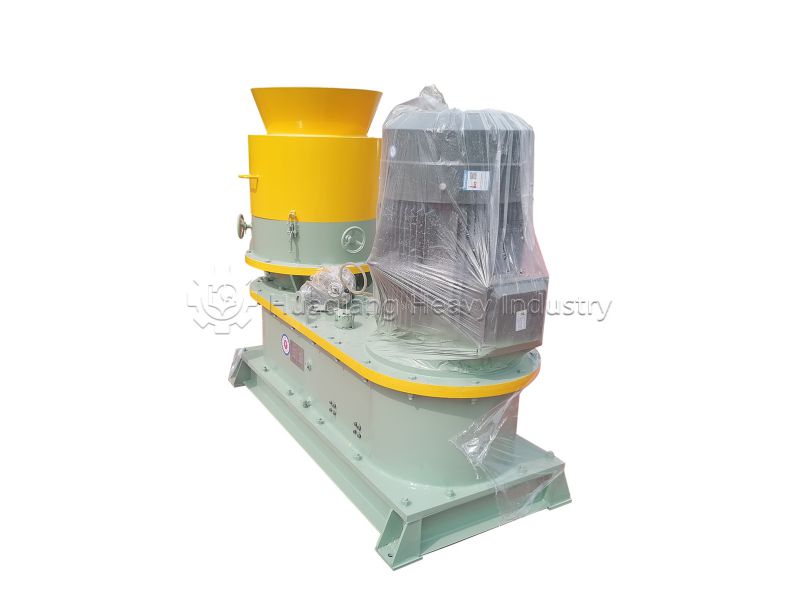What role does the flat die granulator play in reducing organic waste?
As organic waste becomes a growing global concern, flat die granulators have proven essential in tackling the problem. Here’s how they make a difference:
- Resource Recycling
Flat die granulators efficiently process organic waste like crop straw, livestock manure, food scraps, and old plastics. Instead of letting these materials pile up in landfills or be burned, the machine transforms them into practical products like organic fertilizer pellets or biomass fuel. This not only cuts down on waste but also turns trash into valuable resources, reducing pollution and resource waste.
- Better Material Efficiency
The machines ensure organic waste is fully utilized. Through precise processing methods, they extract useful components from the waste and compress them into high-quality pellets. This boosts both the economic value and practical applications of materials that would otherwise go to waste.
- Lowering Pollution Risks
Untreated organic waste can rot, releasing foul odors, harmful bacteria, and greenhouse gases like methane. By processing waste quickly, flat die granulators minimize these pollutants, protecting air, soil, and water quality while reducing environmental harm.
- Improving Soil Health
The organic fertilizer pellets produced by these machines enhance soil structure and fertility when applied to farmland. They help soil retain water and nutrients, support healthier crop growth, and reduce the need for chemical fertilizers. This cuts down on chemical runoff, which often damages ecosystems over time.
- Large-scale Organic Waste Treatment
In terms of large-scale treatment of organic waste, flat die granulator has the advantages of strong operability and high efficiency. They can process huge volumes of organic waste quickly, making them ideal for farms, food processing sites, or communities dealing with heavy waste loads. By shrinking waste piles, they support efforts to reduce overall waste and promote a circular economy.
- Boosting Sustainable Agriculture
These machines help create a closed-loop system in farming. For example, crop leftovers and animal manure are turned into fertilizer, which is then used to grow new crops. This “farm-to-field” cycle reduces reliance on synthetic fertilizers, cuts costs for farmers, and aligns economic growth with eco-friendly practices.
In summary, flat die granulators are a practical solution to organic waste. They turn waste into resources, protect the environment, and support sustainable farming—all while keeping things simple, efficient, and cost-effective.
